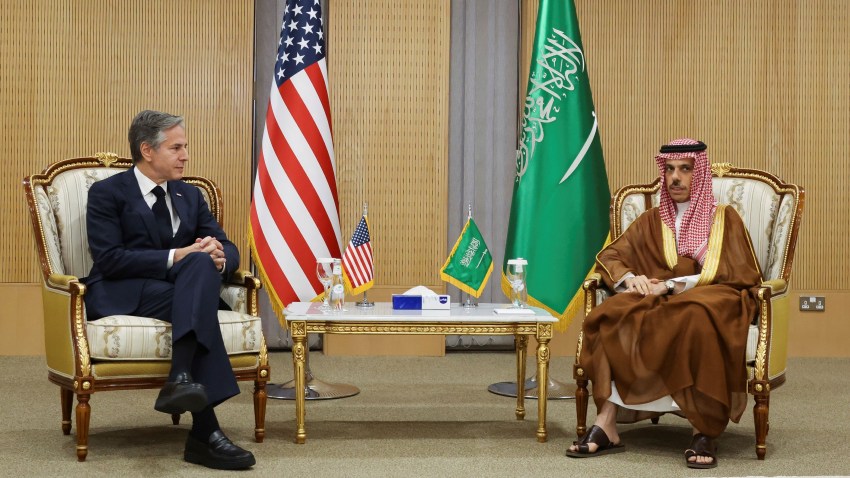Perhaps U.S. President Joe Biden’s strangest policy U-turn since taking office has been his total reversal on U.S. relations with Saudi Arabia. As a candidate in 2020, Biden called Saudi Crown Prince Mohammed bin Salman, known as MBS, a pariah and promised to make Saudi leaders pay for the murder of journalist Jamal Khashoggi. Three years later, as part of a drive to secure Saudi Arabia’s diplomatic recognition of Israel, the Biden administration is inching ever closer toward offering Riyadh the kind of security guarantees only given to Washington’s closest and most important allies. Though the actual details are not yet known or even finalized, the rough contours of the deal are clear: In exchange for normalizing relations with Israel, Saudi Arabia would receive a formal security guarantee from the United States, along with technical assistance on its civilian nuclear program.
The U.S. has often compromised its values in the past to advance urgent security interests, and the administration and its backers argue that this deal is just such a case of strategic necessity. It would, they argue, help stabilize and strengthen the security environment in the Gulf and, more importantly, help the U.S. gain an advantage over China in a critical region. It is perhaps no surprise that many critics of the deal have focused instead on Saudi Arabia’s abysmal human rights record, from the killing and jailing of dissidents to the apparent state-sanctioned slaughter of migrants on the border with Yemen. Others have pointed to the potential risk that the deal might undermine Palestinians’ struggle for rights and statehood, as well as the impact it could have on Israeli domestic politics by emboldening the far-right factions in the current Israeli government.
But focusing on Saudi Arabia’s human rights record, appalling though it might be, is a red herring. The real problem with this deal as it is currently being reported is that it would do little to advance U.S. interests on oil prices, regional stability or even geopolitical competition with China. The stated goal of normalization between Israel and the Arab states is admirable and achieving it would be historic. But it’s simply not worth the price the Biden administration appears willing to pay.

